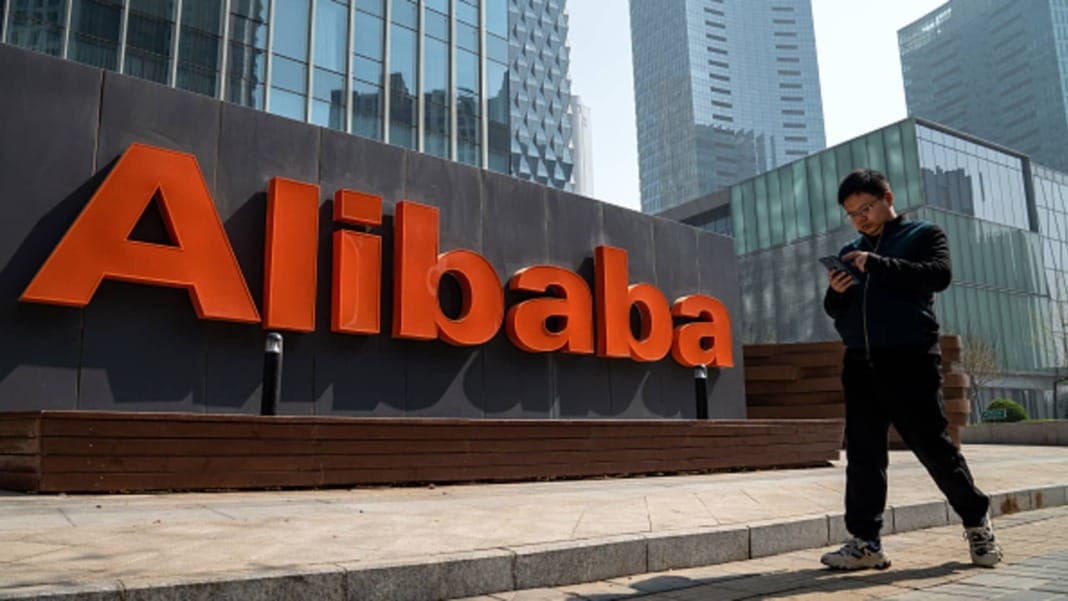Alibaba Group has reported a surprising 58% jump in quarterly profits, thanks to the robust performance of its cloud computing and international e-commerce divisions. This growth helped offset weaker domestic retail sales amid China’s sluggish consumption trends.
Net income for the September quarter soared to 43.9 billion yuan (US$6 billion), surpassing analysts’ forecasts of 25.7 billion yuan. Revenue climbed 5% to 236.5 billion yuan but fell short of the 239.4 billion yuan expected by analysts surveyed by Bloomberg.
Strong growth in cloud and AI
Alibaba’s Cloud Intelligence Group was vital in driving growth, with revenue up 7% to 29.6 billion yuan. This marks the unit’s fastest quarterly growth in two years, outpacing the previous quarter’s 6% increase. CEO Eddie Wu Yongming highlighted the significant demand for AI and cloud infrastructure.
“Growth in our cloud business accelerated from prior quarters, with revenues from public cloud products growing in double digits and AI-related revenue delivering triple-digit growth,” Wu said. He added that the company is making “aggressive investments” to meet the booming demand for computing power and access to AI models.
Wu described generative AI as a “historic opportunity” that occurs only once every 20 years. Alibaba is actively investing in its AI capabilities to maintain its competitive edge.
International e-commerce sees robust growth
Alibaba’s international e-commerce division, International Digital Commerce Group (AIDC), posted a remarkable 29% revenue increase, reaching 31.7 billion yuan for the quarter. This success was attributed to strong sales from platforms like AliExpress and Trendyol and improved operational efficiency.
Alibaba recently launched innovative tools, such as an AI-powered translation system and a sourcing engine called Accio, to further streamline international trade. These aim to reduce complexities and save time for global buyers and sellers.
Meanwhile, Taobao and Tmall Group, Alibaba’s domestic e-commerce core, experienced modest growth, with revenue rising 1% to 99 billion yuan. The segment showed strong order momentum leading up to the Singles’ Day shopping festival and improved monetisation strategies.
Navigating challenges with a “user-first” approach
In a competitive e-commerce landscape, Alibaba is pushing forward with its “user-first” and “AI-driven” strategies to ensure long-term growth. Wu noted the company’s focus on retaining users and investing in new products, even as it faces a tough domestic market.
Chief Financial Officer Toby Xu credited tools like Quanzhantui, introduced in April, and new service fees for Taobao and Tmall merchants to boost revenue. Xu acknowledged that while some of Alibaba’s newer business models are still in the early growth stage, they have the potential to deliver more vital monetisation over time.
On a broader scale, Wu expressed optimism about China’s macroeconomic policies and stimulus measures. He stressed that Alibaba will continue to invest in emerging technologies and efficiency-driven solutions to stay ahead in a highly competitive market.
As Alibaba builds on its success, its quarterly performance demonstrates the potential of leveraging AI, cloud computing, and international markets to navigate economic uncertainties.





